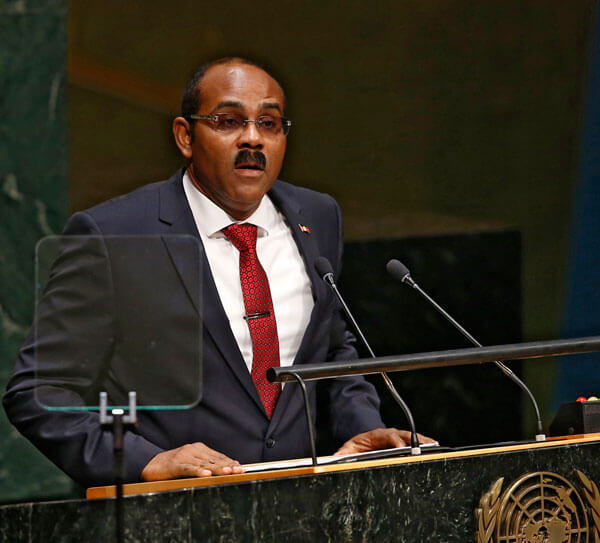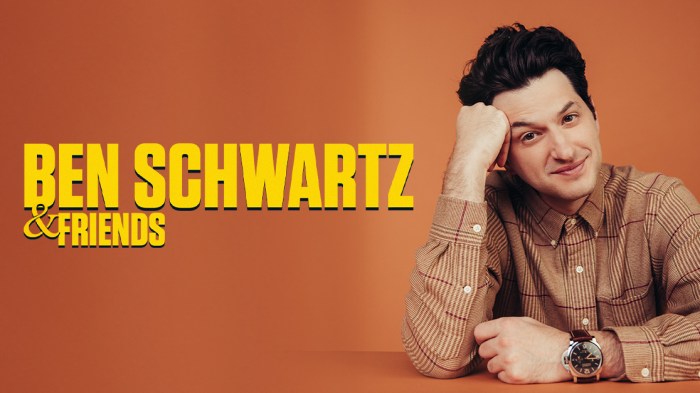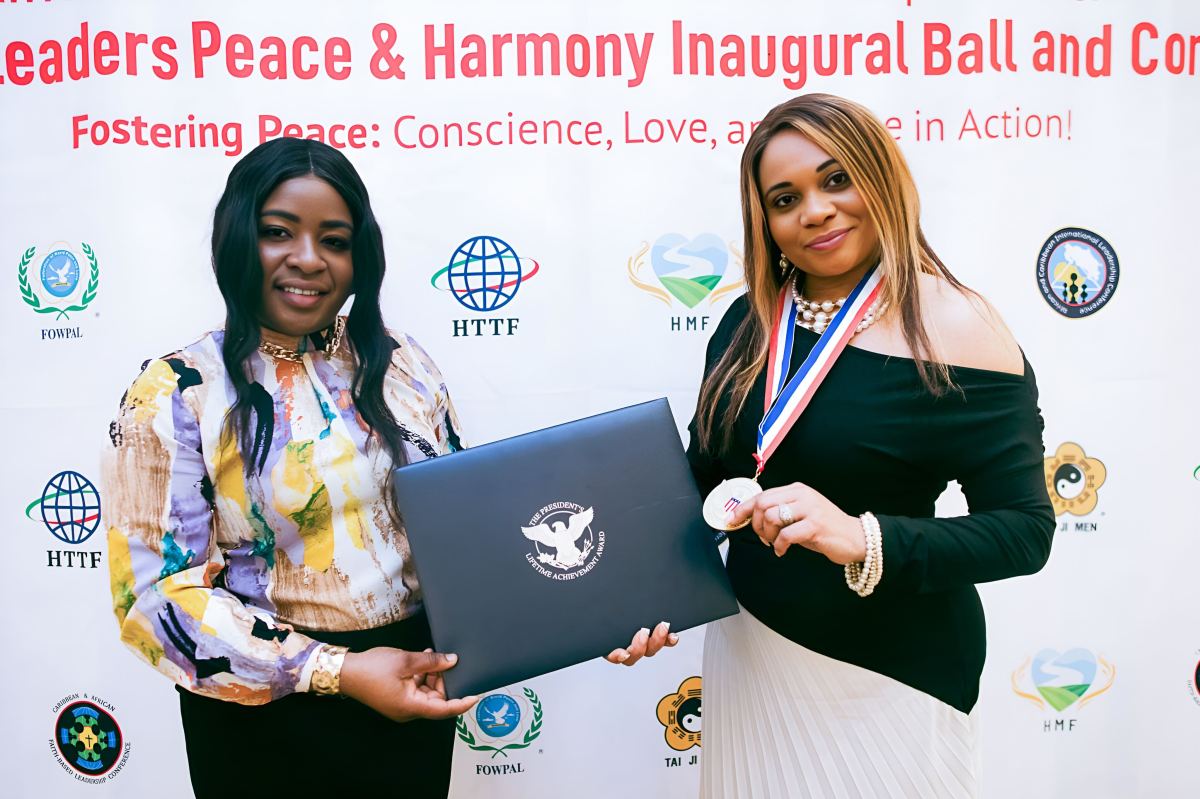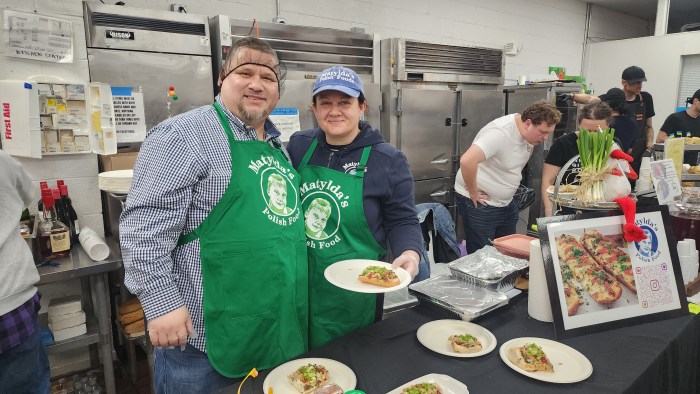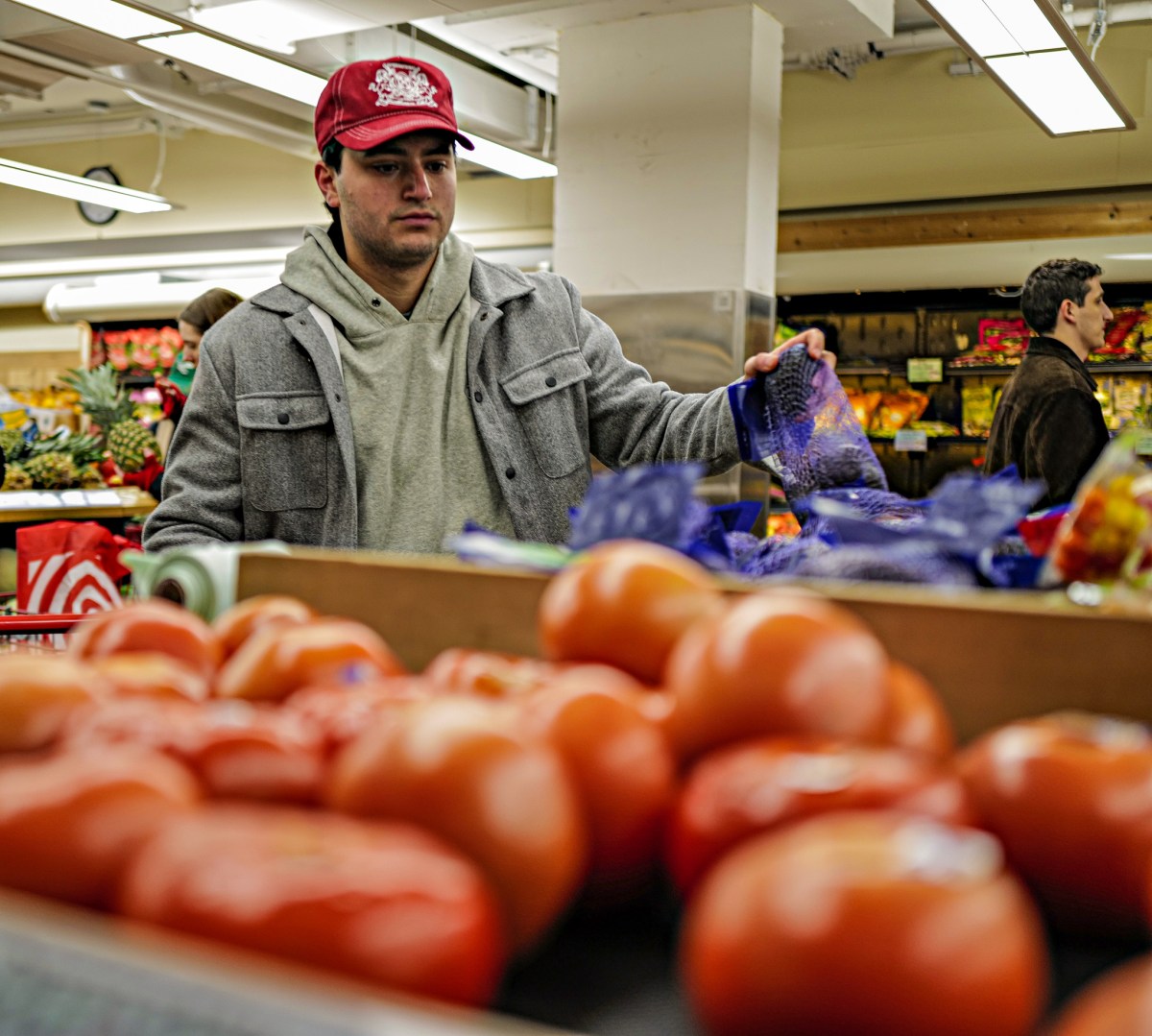Caribbean Community (CARICOM) leaders on Friday join world leaders, heads of global financial institutions and other dignitaries at the United Nations where, after months of intense negotiations, the global body is set to launch a landmark new framework for sustainable development.
The framework aims to end poverty and build a life of dignity for all, leaving no one behind, said the UN on Thursday.
The UN said that top development officials are “keenly focused and enthusiastically preparing” for the moment Friday afternoon when the organization’s 193 member-states formally adopt the new framework, “Transforming Our World: the 2030 Agenda for Sustainable Development.”
The framework comprised 17 goals and 169 targets to wipe out poverty, fight inequality and tackle climate over the next 15 years.
Among CARICOM leaders slated to address the High-Level General Assembly Plenary on Friday are the Prime Ministers of St. Vincent and the Grenadines, Dr. Ralph Gonsalves; the Bahamas, Perry Christie; Antigua and Barbuda, Gaston Browne; and Barbados, Freundel Stuart; as well as the President of Guyana, David Arthur Granger.
Diplomatic representatives from Jamaica and Trinidad and Tobago are also expected to address the High-Level Plenary, according to the UN Schedule of Speakers.
According to the UN, officials have forecast 2015 as “a watershed year” for having reached an agreement that will “change the paradigm about development,” while “leaving no one behind,” and giving a boost for a global climate change accord later this year.
The three-day UN Sustainable Development Summit kicks off Friday with a record number of top world leaders, besides those from CARICOM, expected to attend, as well as heads of multilateral bodies, such as the World Bank and the International Monetary Fund (IMF).
Joining them will be Pope Francis, who will be making a historic address to the UN General Assembly during a visit timed for the global gathering.
The Summit will then open with a screening of the film “The Earth From Space.”
“People have the right to have expectations because there is a need to make sure that the former goals, the MDGs [Millennium Development Goals] are truly achieved,” said UN Deputy Secretary-General Jan Eliasson.
The MDGs grew out of the 1992 UN Conference on Environmental and Development, better known as the Earth Summit, held in Rio de Janeiro, Brazil, where the concept of sustainable development began to gain momentum.
With 2015 set as the target year for the MDGs, the UN said the new sustainable development agenda emerged from three years of negotiations to address the three interconnected elements of economic growth, social inclusion and environmental sustainability.
UN Secretary-General Ban Ki-moon described the agenda as “a clarion call” to “share prosperity, empower people’s livelihoods, ensure peace and heal our planet for the benefit of this and future generations.”
Eliasson said the UN leadership attaches “enormously high priority” to mobilizing the UN system, member states, civil society, the private sector and the scientific community to ensure the “transformative changes” take place to make the vision a reality on the ground.
The Deputy UN Secretary-General Eliasson said 2015 could turn out to be a historic year for the United Nations if the world can also agree on a bold agenda to combat climate change in Paris this December.
Amina J. Mohammed, the UN Secretary-General’s Special Adviser on Post-2015 Development Planning, described the agreement on the Goals as “really meaningful.”
“It’s universal so it applies to everyone,” she told reporters earlier this week. “We will no longer have a North-South conversation about what the North is doing for the South, but what we are doing for each other.
“Clearly anything that happens anywhere in this world has that fallout in many other places — from the global financial crisis to conflict and migration, we feel it everywhere — to natural disasters and climate change,” she added.
Helen Clark, the Administrator of the UN Development Program (UNDP), said the new agenda “means doing development differently.”
The new goals “leave no one behind – not people, not groups and not whole countries,” she said. “That’s a powerful message that we need to work in ways that to support the poorest and most vulnerable to succeed in development as well.
Clark said UNDP is “totally committed” to working alongside all developing countries, including those in the Caribbean, to achieve the sustainable development goals (SDGs).
She said UNDP will also work with developed countries on making the SCGs possible through getting funding, “which will help support us to help build and develop the capacity of countries to fly.”
Ban hopes the visit to the UN by Pope Francis will also bolster support for action on climate change.


